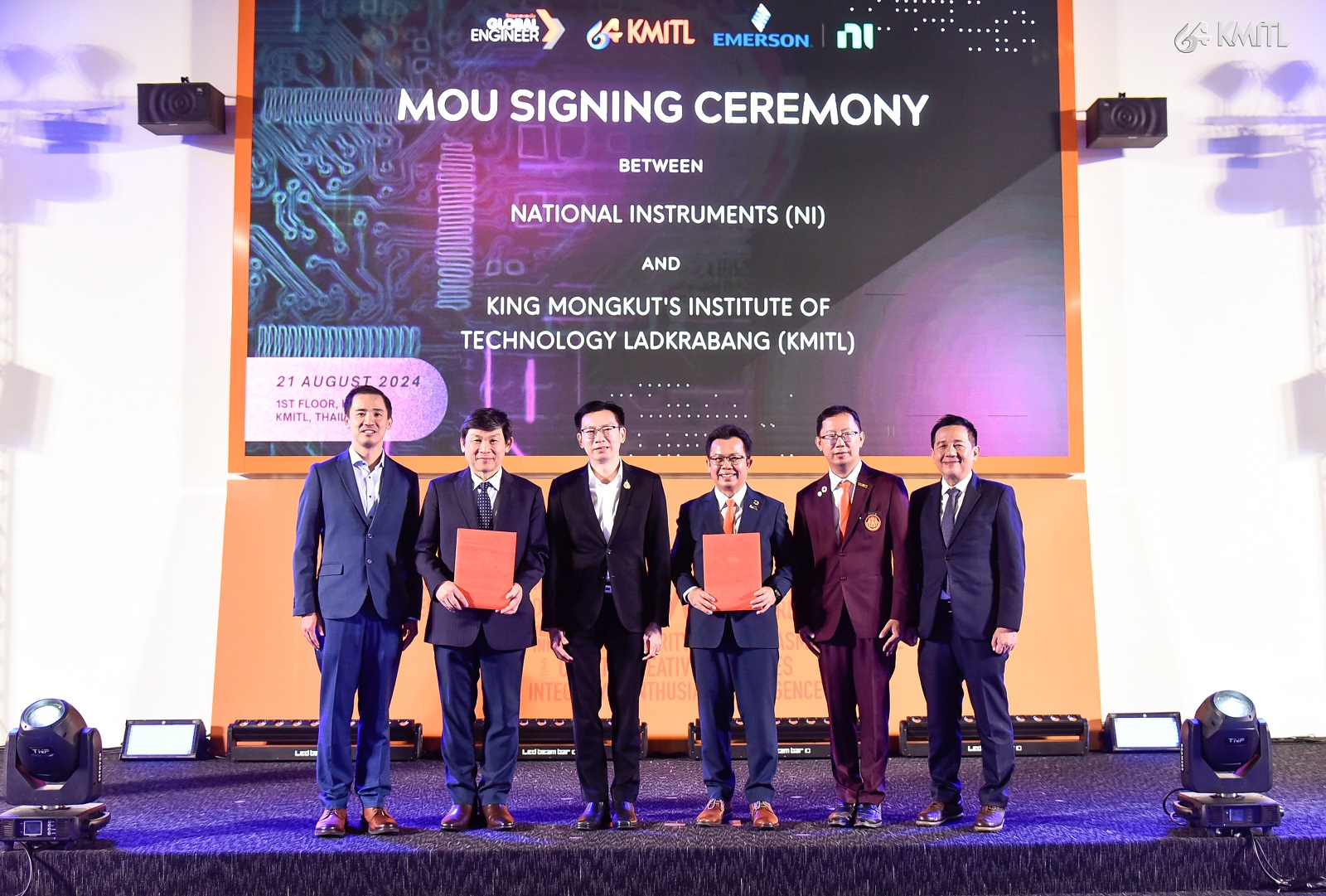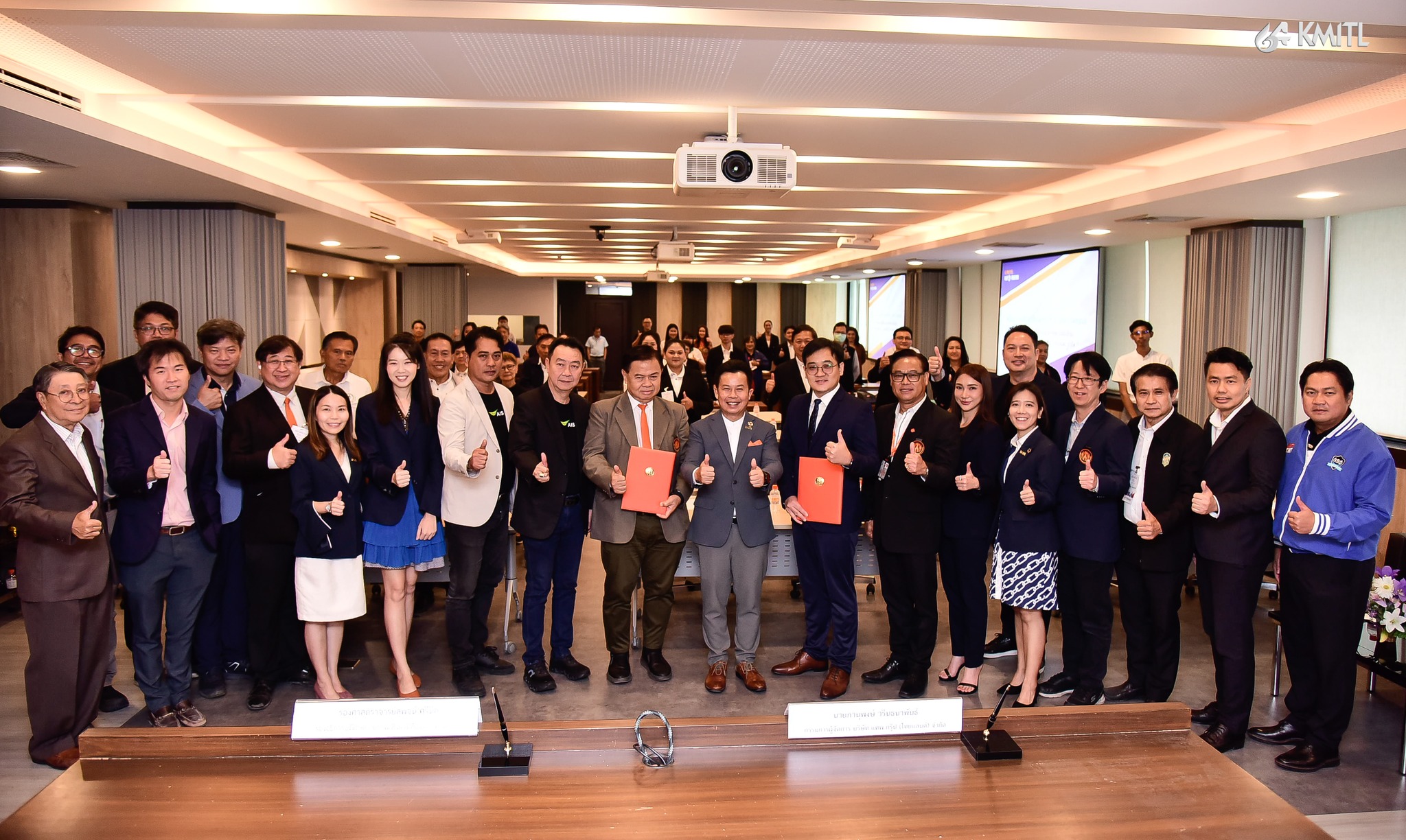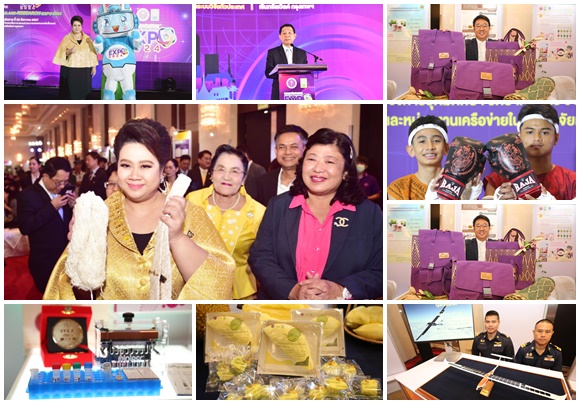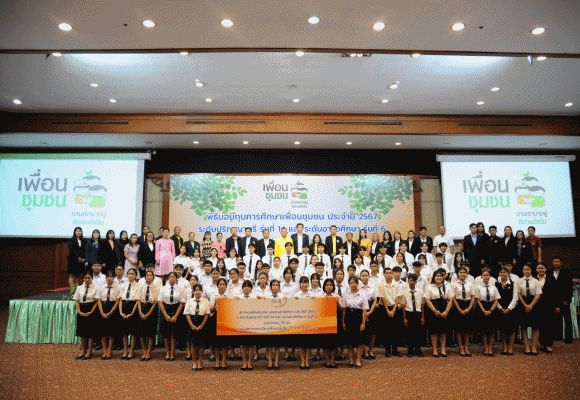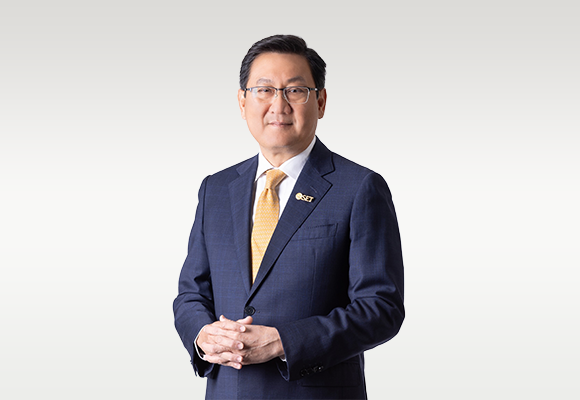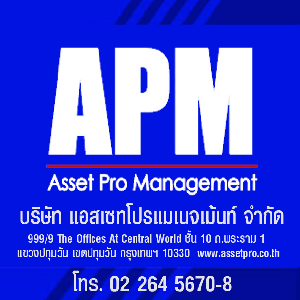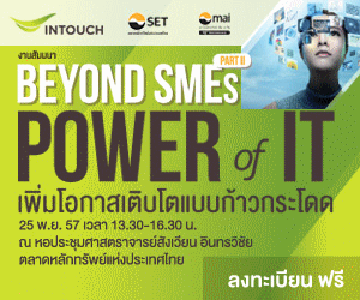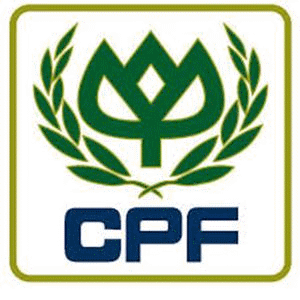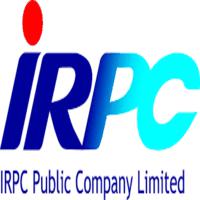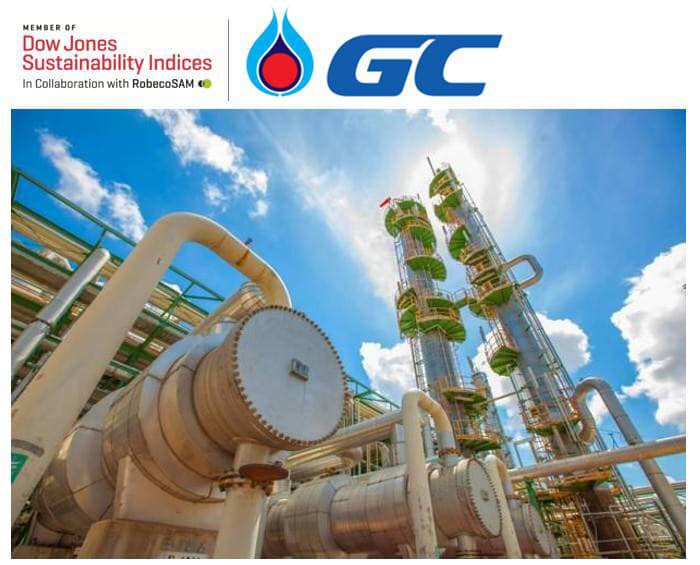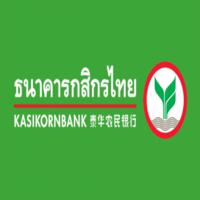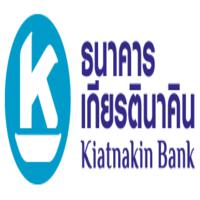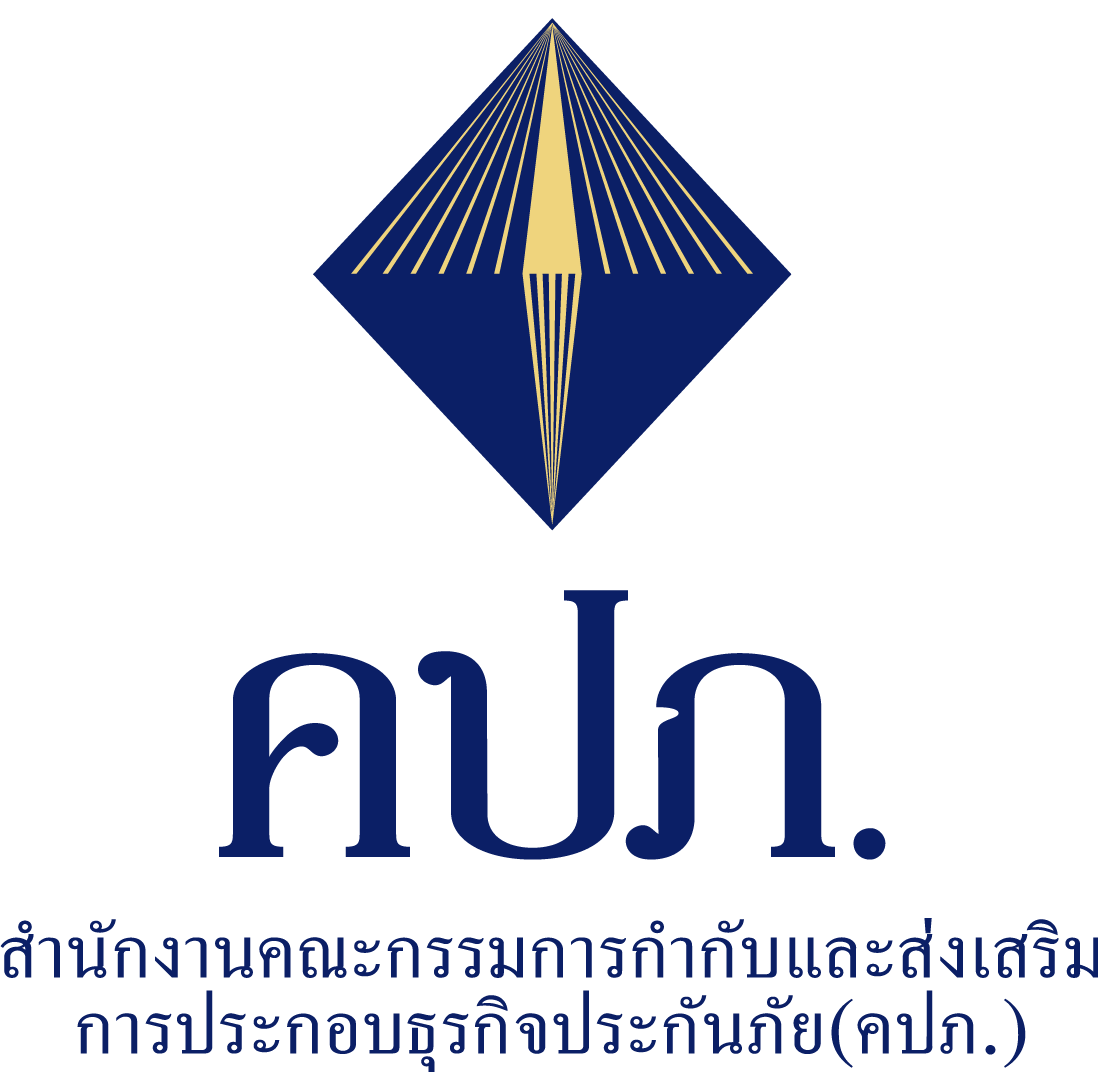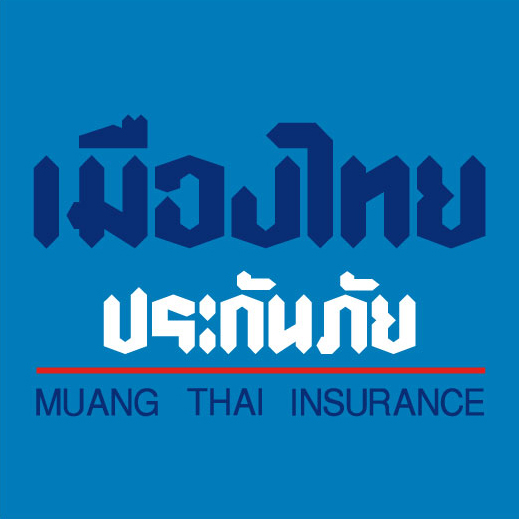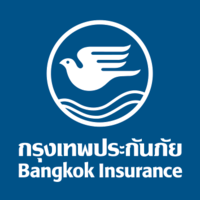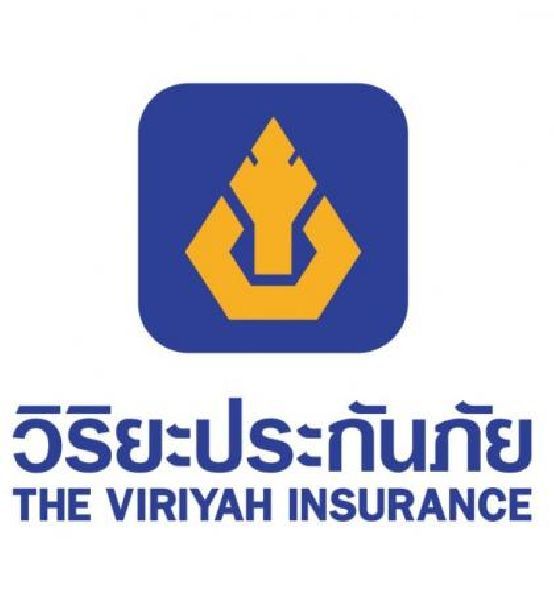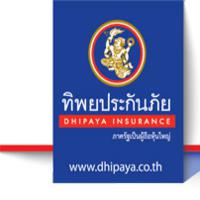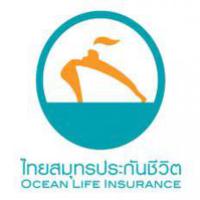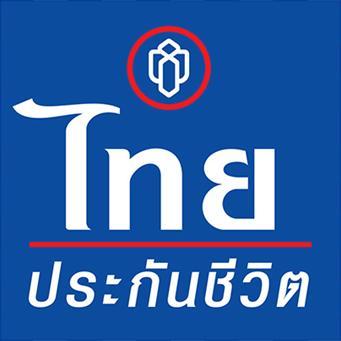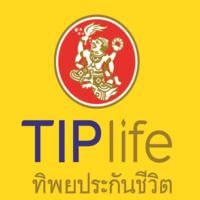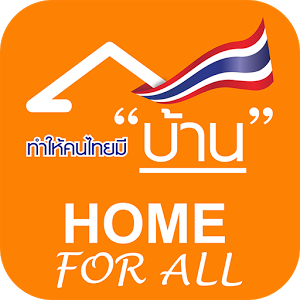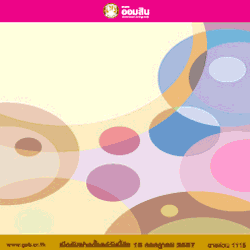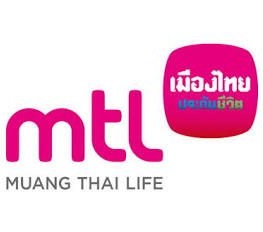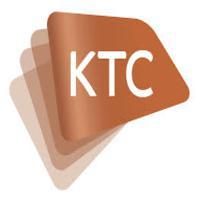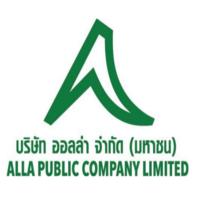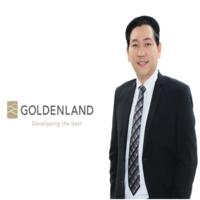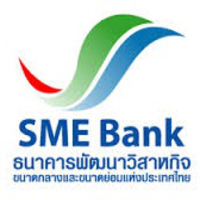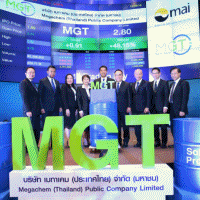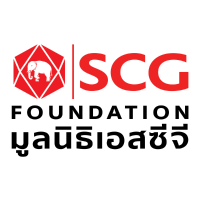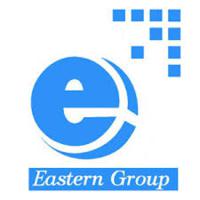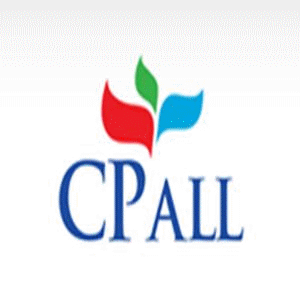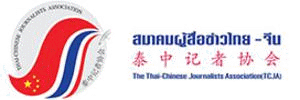- Details
- Category: บลจ.
- Published: Wednesday, 28 May 2014 18:38
- Hits: 3677
Asia Investor Sentiment Buoyed by Equities and Mutual Funds- Manulife Survey
Rising optimism seen in Malaysia, Indonesia and China
Hong Kong and Taiwan sentiment also improves, but still in negative territory
Drivers include China stimulus, Indonesia election fever, pre-tax consumption in Malaysia
Family, friends and colleagues the main influence on investor decisions
HONG KONG, 26 May 2014 – Investor sentiment across Asia rose in the first quarter of 2014, buoyed by equities and mutual funds, along with a rise in optimism among investors in Malaysia, Indonesia and China, according to new research from Manulife.
The Manulife Investor Sentiment Index* for the region rose from the fourth quarter of 2013 (+2 to 24), driven mostly by sharply higher sentiment towards equities (+7 to 16) and mutual funds (+13 to 21). The improved sentiment in these sectors offset modest declines in attitudes towards property.
The higher sentiment was driven upward mostly by China, Indonesia and a surge in investment optimism in Malaysia. In Malaysia, investor sentiment rose on stronger economic growth and the belief that market conditions are improving. Investors there share the top spot with the Philippines as the region’s most positive.
Investors in Hong Kong and Taiwan remained negative – but there was an improvement on the previous quarter, with Hong Kong at -11 (+2) and Taiwan at -6 (+5). In only three markets did sentiment fall: Japan, the Philippines and Singapore, albeit in each case remaining positive.
“There’s generally a lag between economic developments and retail investor attitudes, so improved sentiment on equities is in part due to significant gains on equity markets and economic growth in the US and Eurozone,” explained Ronald Chan, Head of Equities, Asia, for Manulife Asset Management. “Looking ahead, we are optimistic on Asian equities for the remainder of 2014. Valuations are attractive and economic fundamentals point to an improving trend in many regional markets.”
China Stimulus, Indonesia Election Fever Support Sentiment
Commenting on China, Mr. Chan noted the rise in sentiment towards equities despite heightened concern over the economy. “We believe sentiment was bolstered by the rapid implementation of a ‘mini-stimulus’ program in the first quarter on 2014 and by the government’s continued commitment to economic reform and higher quality long-term growth. Sentiment could continue to rise going forward, as the Chinese government recently called for banks to accelerate the issuance of mortgages,” he said.
“Policy effect is also playing a role in Indonesia where, regardless of outcome, the upcoming election is sparking optimism over the potential for reform, thereby creating fresh investment opportunities,” said Mr. Chan.
In Malaysia, investor optimism was reflected by a rise in sentiment towards mutual funds (+16 to 54) and equities (+9 to 39). Unlike in other parts of the region, sentiment towards property also rose sharply (+10 to 62).
“Small- and mid-cap equities have driven gains in Malaysia and we see this continuing through the second half of 2014 based on robust consumption as businesses stock up ahead of the goods and services tax implementation planned for early 2015,” said Mr. Chan.
Only in Malaysia was there a discernible increase in equities as a percentage of investors’ total asset portfolios (from 9 per cent to 12 per cent) from the previous quarter. It nudged up slightly in other markets, such as Hong Kong, China, Taiwan and Singapore, but these moves were marginal. This is despite the fact that two-thirds of Asian investors say they review their investment portfolios every six months, with a quarter of them doing it every three months.
Family and Friends are the Main Influence on Investment Decisions
The research looked at levels of financial literacy, where investors go to for advice and the key influences on their investment decision making.
The findings showed a correlation between higher levels of financial literacy and a greater breadth of investment experience across asset classes. By comparison, how long someone has been investing seems to have little impact on their financial literacy.
However, regardless of time spent investing or their breadth of experience, investors say they are influenced most by family, friends and colleagues in their investment decisions. The research shows reluctance by investors to seek outside counsel for investment planning. Most, particularly those in the Philippines, Malaysia, Indonesia and Japan, say they feel they don’t need outside help and are happy to manage their investments alone.
“It’s natural that people should turn to family and friends for financial advice, but they don’t necessarily have the right skills or expertise,” said Robert A. Cook, President and CEO, Manulife Asia. “If you were ill, you’d visit the doctor. Investors should seek professional advice in the same way. Also, taking a disciplined and thoughtful approach is the best way investors can achieve investment performance.”
For more information on the Manulife Investor Sentiment Index in Asia, please visit www.manulife-asia.com.
*About Manulife Investor Sentiment Index in Asia
Manulife’s Investor Sentiment Index in Asia is a quarterly, proprietary survey measuring and tracking investors’ views across eight markets in the region on their attitudes towards key asset classes and related issues.
The Manulife ISI is based on 500 online interviews in each market of Hong Kong, China, Taiwan, Japan, and Singapore; in Malaysia, Indonesia and the Philippines it is conducted face-to-face. Respondents are middle class to affluent investors, aged 25 years and above who are the primary decision maker of financial matters in the household and currently have investment products.
The Manulife ISI is a long-established research series in North America. The Manulife ISI has been measuring investor sentiment in Canada for the past 14 years, and extended this to its John Hancock operation in the U.S. in 2011. Asset classes taken into Manulife ISI Asia calculations are stocks/equities, real estate (primary residence and other investment properties), mutual funds/unit trusts, fixed income investment and cash.
About Manulife
Manulife is a leading Canada-based financial services group with principal operations in Asia, Canada and the United States. Clients look to Manulife for strong, reliable, trustworthy and forward-thinking solutions for their most significant financial decisions. Our international network of employees, agents and distribution partners offers financial protection and wealth management products and services to millions of clients. We also provide asset management services to institutional customers. Funds under management by Manulife and its subsidiaries were approximately C$635 billion (US$574 billion) as at March 31, 2014. Our group of companies operates as Manulife in Canada and Asia and primarily as John Hancock in the United States.
Manulife Financial Corporation trades as ‘MFC’ on the TSX, NYSE and PSE, and under ‘945’ on the SEHK. Manulife can be found on the Internet at manulife.com. Manulife Financial Corporation trades as ‘MFC’ on the TSX, NYSE and PSE, and under ‘945’ on the SEHK. Manulife Financial can be found on the Internet at manulife.com.
About Manulife Asset Management
Manulife Asset Management is the global asset management arm of Manulife Financial, providing comprehensive asset management solutions for institutional investors and investment funds in key markets around the world. This investment expertise extends across a broad range of public, private, and alternative asset classes, as well as asset allocation solutions. As at March 31, 2014, assets under management for Manulife Asset Management were C$298 billion (US$269 billion).
Manulife Asset Management’s public markets units have investment expertise across a broad range of asset classes including public equity and fixed income, and asset allocation strategies. Offices with full investment capabilities are located in the United States, Canada, the United Kingdom, Japan, Hong Kong, Singapore, Taiwan, Indonesia, Thailand, Vietnam, Malaysia, and the Philippines. In addition, Manulife Asset Management has a joint venture asset management business in China, Manulife TEDA. The public markets units of Manulife Asset Management also provide investment management services to affiliates' retail clients through product offerings of Manulife and John Hancock. John Hancock Asset Management and Declaration Management and Research are units of Manulife Asset Management. Additional information about Manulife Asset Management may be found at ManulifeAM.com.
Media Contact:
David Norris (852) 2202 1749
Queenie Yuen (852) 2510 5097










